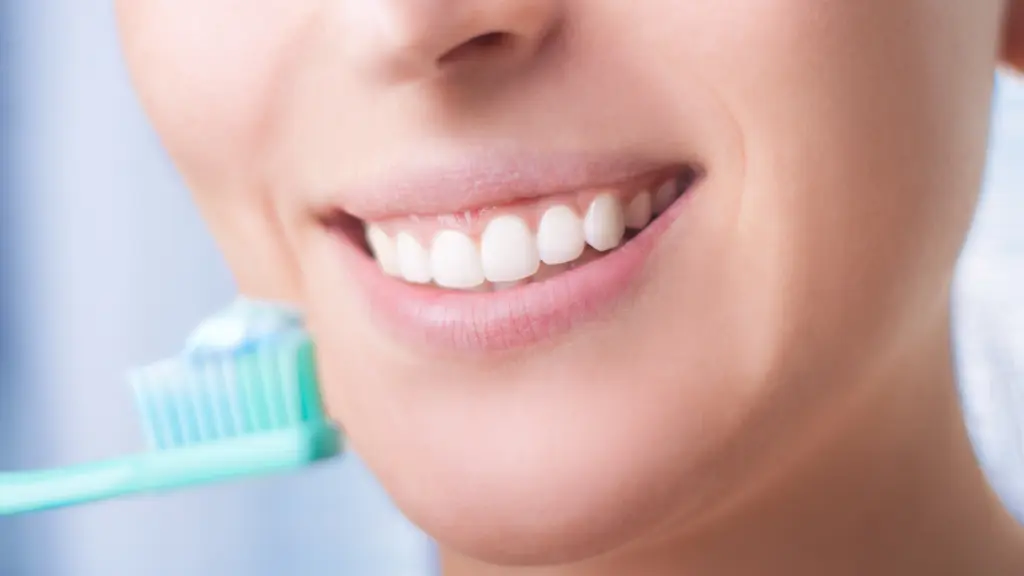Headaches are a common ailment affecting people of all ages, but research consistently shows that women experience more frequent and intense headaches than men. According to the World Health Organization, women are three times more likely to suffer from migraines, a type of severe headache, and also report more frequent occurrences of tension headaches.
But why is this the case? Factors like hormonal fluctuations, genetic predisposition, lifestyle elements, and stress levels contribute to this difference. Let’s delve deeper into the reasons behind the disparity and explore how women can effectively manage and prevent headaches.
You May Also Like: 18 Best Designer Work Bags for Women to Commute in Style
1. Hormonal Fluctuations and Headaches
Hormonal changes, particularly fluctuations in estrogen, play a major role in the increased frequency of headaches among women. During certain times in the menstrual cycle, such as right before menstruation, estrogen levels drop, which can trigger migraines and tension headaches. This hormonal connection is evident as many women experience “menstrual migraines,” specifically tied to their cycle.
Life Stages Affecting Headaches:
- Puberty: As estrogen levels rise during puberty, many girls begin experiencing migraines and other types of headaches.
- Pregnancy: Hormone levels fluctuate significantly during pregnancy, which can either increase or reduce headache frequency.
- Menopause: While some women report relief from migraines after menopause, others find that hormonal shifts during this stage exacerbate headaches.
2. Stress, Anxiety, and Headache Triggers
While stress affects everyone, studies show that women are more likely than men to report higher stress levels, particularly regarding family, work, and social expectations. Stress triggers physical tension in the muscles, particularly around the neck and shoulders, leading to tension headaches.
Psychological Triggers for Women:
- Work-Life Balance: Women often juggle multiple roles, including family responsibilities and careers, contributing to higher stress and resulting headaches.
- Anxiety and Mental Health: Anxiety disorders are more common among women than men, and anxiety is a known trigger for migraines.
3. Genetic Predisposition
Genetics may also play a role in why women experience more headaches. Studies indicate that if a mother has migraines, her daughter is more likely to suffer from them as well. This familial pattern is often stronger in women, indicating a potential link between genetics and sex-specific headache prevalence.
Genetic Factors in Headaches:
- Familial Link: Women with a family history of migraines are more likely to experience them.
- Inherited Sensitivity to Triggers: Certain genetic factors may make women more sensitive to environmental and hormonal headache triggers.
4. Lifestyle Differences and Headache Patterns
While everyone is prone to lifestyle-related headaches, certain habits are particularly impactful for women. Studies show that women are more likely to experience headaches due to factors such as dehydration, diet, sleep deprivation, and caffeine sensitivity.
Lifestyle Habits Impacting Headaches:
- Caffeine: Women are often more sensitive to caffeine intake, which can both trigger and relieve headaches.
- Sleep Patterns: Women tend to report more disturbances in sleep, and poor sleep is a well-known headache trigger.
- Diet and Hydration: Many women may skip meals or become dehydrated due to busy schedules, leading to low blood sugar levels and dehydration-related headaches.
5. Structural and Neurological Differences
Recent research suggests that structural and neurological differences in men’s and women’s brains may affect headache prevalence and intensity. Brain imaging studies reveal that women’s brains show heightened responses to pain signals, potentially increasing the severity of headache experiences.
Brain Differences Impacting Headaches:
- Pain Sensitivity: Women’s brains are generally more sensitive to pain, and this heightened sensitivity can translate to more intense headache experiences.
- Central Nervous System Sensitivity: Women’s nervous systems are more susceptible to pain and stress, leading to more frequent headaches and migraines.
Tips for Managing and Preventing Headaches in Women
While some factors contributing to headaches in women are unavoidable, such as hormonal changes, others can be managed with effective lifestyle changes, stress management, and targeted treatment options. Here are some tips for alleviating and preventing headaches.
Hormonal Management
For menstrual migraines and other hormone-related headaches, managing estrogen fluctuations can be crucial. Some women find relief by taking birth control pills, which help stabilize hormonal levels. However, it’s important to consult a healthcare provider to determine the best solution for your specific needs.
Stress Reduction Techniques
Reducing stress can be beneficial for preventing tension headaches. Techniques such as meditation, deep breathing exercises, yoga, and regular physical activity are all effective methods for lowering stress and relaxing muscle tension.
Prioritize Hydration and Nutrition
Dehydration and low blood sugar can easily trigger headaches. Staying hydrated, eating regular, balanced meals, and avoiding excessive caffeine can make a significant difference in managing headache frequency.
Maintain a Consistent Sleep Schedule
Quality sleep is essential for headache prevention. Aim to establish a consistent sleep schedule, avoid caffeine before bed, and create a relaxing bedtime routine to improve sleep quality and prevent headaches.
Consider Medication Options
For those with frequent or intense headaches, over-the-counter or prescription medications can provide relief. Common medications include ibuprofen, acetaminophen, and migraine-specific drugs like triptans. However, it’s important to avoid overuse of medications, as they can lead to rebound headaches. Always consult a healthcare provider before starting a new medication regimen.
Hormone Therapy for Severe Cases
For women experiencing severe migraines linked to hormonal changes, hormone therapy may be beneficial. A doctor can help determine if estrogen patches, progesterone treatments, or other options could stabilize hormonal fluctuations and reduce headache frequency.
Understanding When to Seek Medical Help
If headaches are frequent, debilitating, or accompanied by other concerning symptoms, it’s essential to seek medical help. Certain types of headaches, such as cluster headaches or severe migraines, may require specialized treatment plans. Additionally, sudden changes in headache patterns or intensity should be addressed by a healthcare professional.
Signs That Warrant Medical Attention:
- Sudden, severe headaches
- Changes in vision or coordination
- Headaches accompanied by nausea or vomiting
- Persistent pain despite over-the-counter medication
Conclusion
Women’s predisposition to headaches, particularly migraines, stems from a combination of hormonal fluctuations, stress factors, lifestyle habits, and genetic influences. By understanding these factors and implementing effective prevention strategies, women can take control of their headache patterns and improve their quality of life. With proper care, stress management, and medical support, it’s possible to navigate and reduce the impact of headaches on daily routines.










